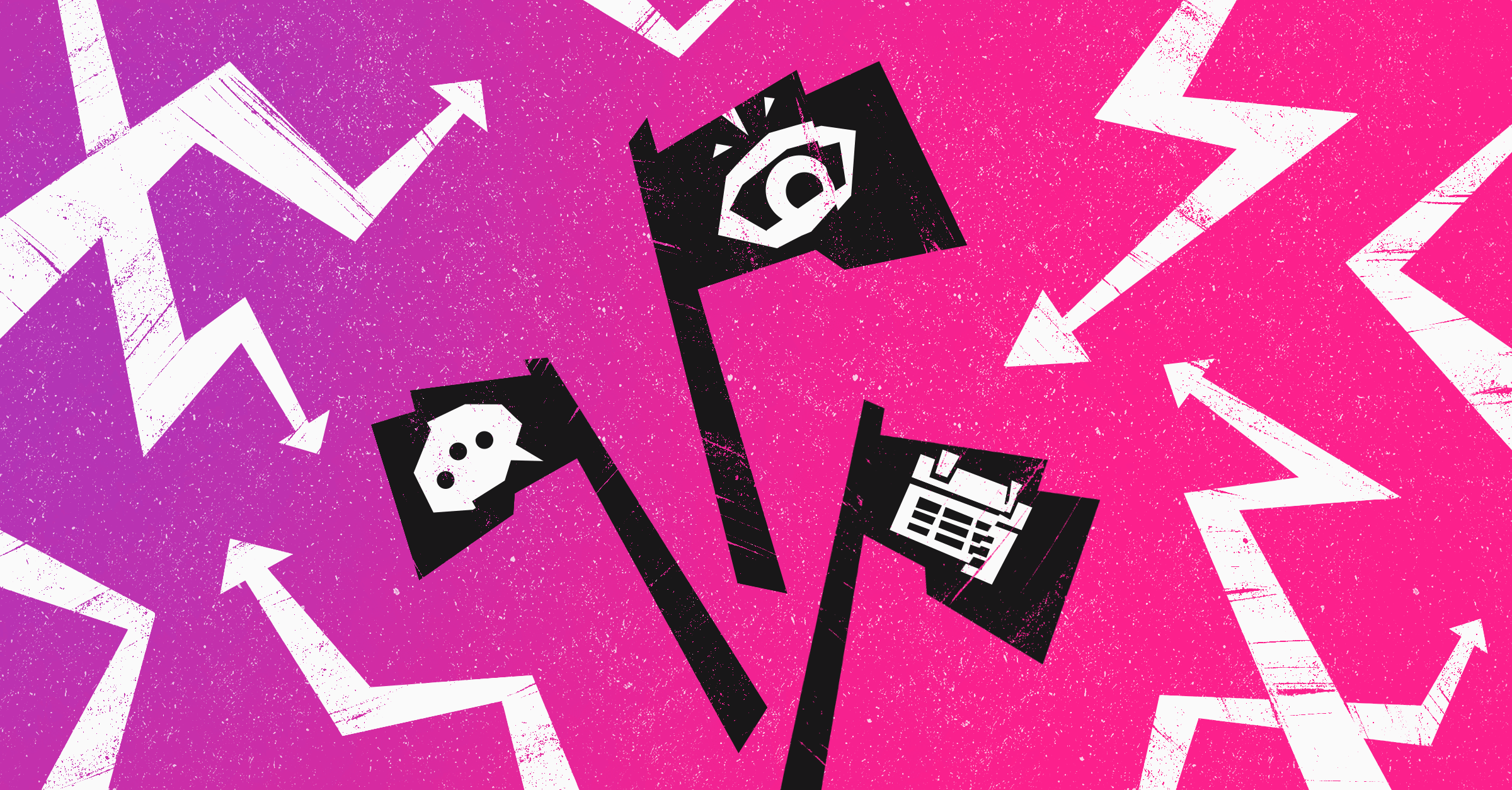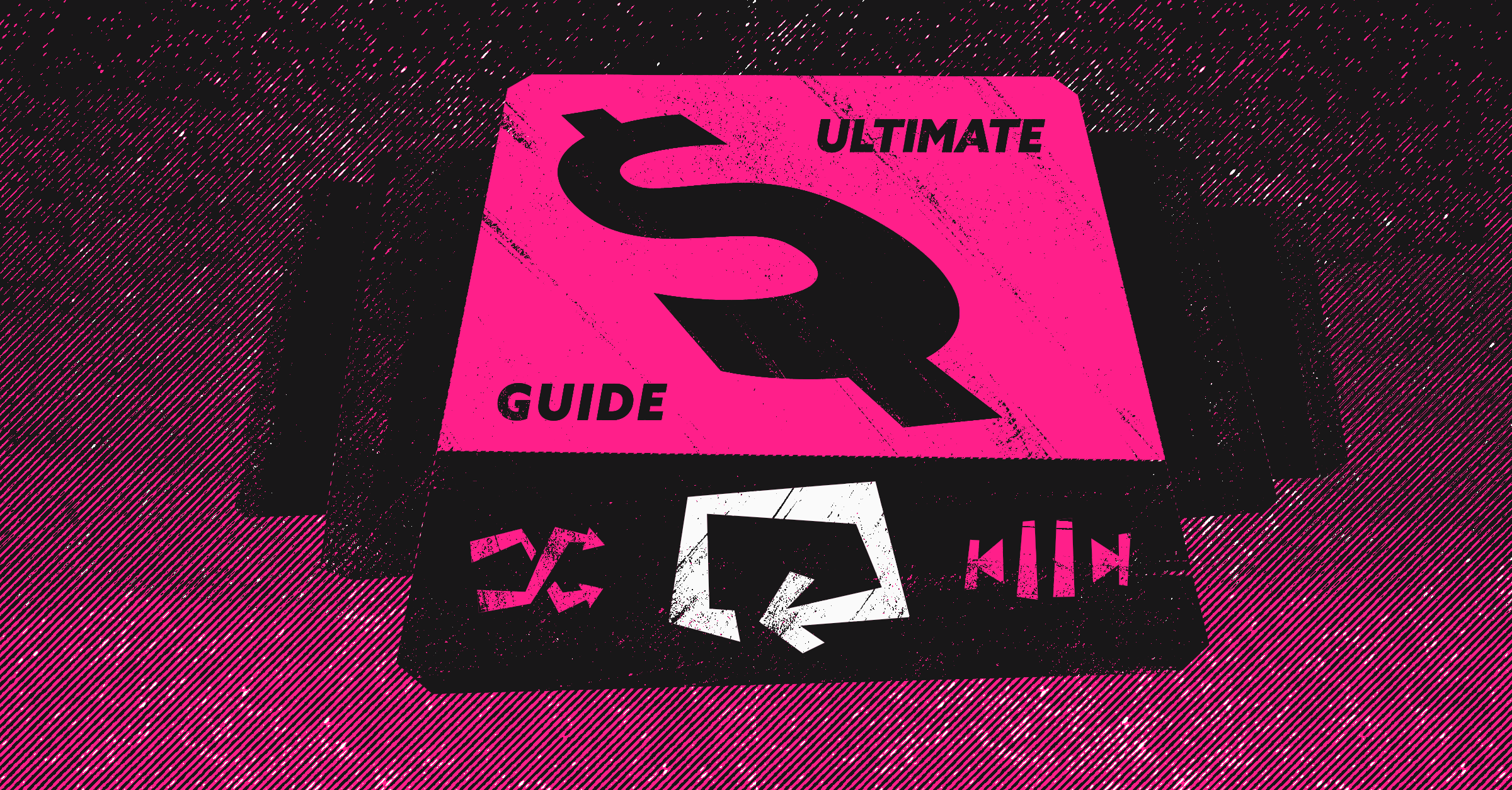
For better or worse, sales is less forgiving than other professions. Waste time on the wrong activities and you may not hit your number. Do that for months in a row and you may lose your job.
Remote sales teams have more flexibility. But with great flexibility comes great responsibility.
We asked Nick Cegelski, Senior Account Executive at Time by Ping, and founder and host of 30 Minutes to President’s Club, to share his sales process in our second episode of The Revenue Playbook podcast.
You can listen to the full conversation here:
Or watch the full recording here:
- First, focus on what you can control
- 1. Make the most of your morning
- 2. End the day on your terms
- 3. Plan for tomorrow today
- 4. Set your calendar up for success by “batching” like tasks
- 5. Cut down on big time-wasters
- 6. Prioritize your list
- 7. Focus on a smaller pipeline
- 8. Be proactive with the awkward questions
First, focus on what you can control
There’s plenty out of your control as a sales rep. Dwelling on one deal or wasting time digging up answers for a deal that will never close put you in a reactive state.
Nick likes to think about the workday in three different segments:
- How the day begins
- How the day ends
- Planning your attack (before attacking your plan)
If you want to start and end the day on the right foot, you’ve got to put together a plan of attack. Below is Nick’s sales scheduling strategy for a winning the workday.
1. Make the most of your morning
Nick’s top tips:
- Don’t snooze your alarm
- Don’t look at emails first thing
- Start the day by creating something – get into a proactive, not reactive mindset
Nick’s main philosophy around starting the day is the saying: “eat the frog.” Thankfully, the frog is a metaphor, and all it means is starting your day with the hardest, least pleasant task first.
Here’s why:
- The hardest task is done and is no longer weighing on you
- Often, the hardest thing is the most important thing to do
- It creates momentum. The rest of your day has to get better after eating the frog.
2. End the day on your terms
In the second half of the day, Nick likes to schedule those lower-energy tasks. He typically schedules internal meetings and some facetime with customers in the afternoon. While he knows he’ll have less energy later in the day, being in front of customers triggers it to spike again.
Some sales professionals are the opposite. They like to handle all their meetings in the morning instead. The trick is to find what sales process works for you. What’s your personal working rhythm? Once you’ve found that, try to schedule your day around it.
3. Plan for tomorrow today
Instead of doing what’s right, we often do what’s right in front of us. But Nick suggests arming yourself with a solid plan for your day to keep a level head when things get tough.
Once work’s over, Nick journals and plans for tomorrow. He brain dumps whatever’s top of mind. Then he follows that up with tomorrow’s agenda. He likes to plan ahead. That way, there are no surprises in the morning. He’s ready to take on the day.
A successful workday is all about planning and knowing what comes next. Nick calls this “planning your attack before attacking your plan.”
For Nick, this is about being proactive and planning your day rather than reacting to things around you. Lots of professionals decide what to do while in the heat of battle.
4. Set your calendar up for success by “batching” like tasks
Nick’s trick to managing his calendar is all about trying to protect focus time and minimize context-switching.
He does this with something called batching.
Batching is grouping similar tasks together and doing them in chunks. Rather than making a couple of sales calls in the morning and a few more sprinkled throughout the day, Nick prefers to block time to do cold calling for an hour.
This keeps you in the right headspace and saves you wasting energy jumping to-and-fro lots of different tasks.
Nick’s also a big fan of color-coding sales events on his calendar so he can see what’s coming up at a quick glance.
5. Cut down on big time-wasters
Maybe your biggest time-wasters are pointless meetings, an overflowing email inbox, or constant notifications. Nick suggests identifying your biggest time-wasters and cutting them out where possible.
For Nick, his biggest time-waster is email. Emails are convenient and help you document a conversation, but they also take up a chunk of time.
People spend too much time trying to craft the right words and proofreading to perfection. Nick prefers a 3-minute call to a 20-email back-and-forth chain.
The benefits of phone calls versus email:
- They save time
- It’s easier to hear tone and intonations
- You can quickly and easily clear up questions and queries
- It’s a more personal connection with a prospect
Of course, totally avoiding emails is pretty much impossible. So, Nick has a strategy for filtering emails which he calls the four Ds:
- Delete – Get rid of anything you don’t need quickly.
- Delegate – This is something that needs to be done, but not necessarily by you.
- Defer – This is something that needs doing, but not right now.
- Do – If it’s something that takes less than two minutes, do it now to get it off your plate.
6. Prioritize your list
Busy salespeople have to prioritize sales activities — what leads to work on today and which can wait. Nick’s process is simple – focus on those closest to closing and work your way down to those warm leads.
7. Focus on a smaller pipeline
It’s better to focus on a smaller pipeline of truer leads than a huge pipeline full of people who aren’t really interested in your product or service.
Nick prefers a straightforward and honest approach. He doesn’t want to be a salesperson “pest.” He likes to follow up on prospects by asking them if they’re still interested and, if not, moving on to the next.
8. Be proactive with the awkward questions
Lots of salespeople will shy away from the tough subjects like pricing, poor customer experience, or competitors. But Nick prefers a straightforward, proactive approach.
Those things are probably already on your prospect’s mind, so it’s best to be straight up.
Don’t wait for them to bring it up. Get ahead of it and address it yourself. If you don’t, these issues could silently kill your deal. And if your deal is going to get killed, it should be out in the open, and you should know about it, says Nick.
For more sales productivity tips, follow Dooly and subscribe to The Revenue Playbook podcast to catch upcoming episodes. For more insights from Nick, catch the full episode at the top of this page. In the meantime, subscribe to 30 Minutes to President’s Club with Nick and Armand.
Ready to delete that 4 PM admin block you scheduled for Salesforce updates? That’s one frog we can swallow for you. Try Dooly for free.
Join the thousands of top-performing AEs who use Dooly every day to stay more organized, instantly update their pipeline, and spend more time selling instead of mindless admin work. Try Dooly free, no credit card required. Or, Request a demo to speak with a Dooly product expert right now.


